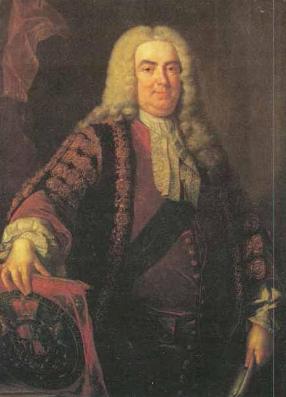Prime Path
| Time Limit: 1000MS | Memory Limit: 65536K | |
| Total Submissions: 14864 | Accepted: 8379 |
Description
 The ministers of the cabinet were quite upset by the message from the Chief of Security stating that they would all have to change the four-digit room numbers on their offices.
The ministers of the cabinet were quite upset by the message from the Chief of Security stating that they would all have to change the four-digit room numbers on their offices. — It is a matter of security to change such things every now and then, to keep the enemy in the dark.
— But look, I have chosen my number 1033 for good reasons. I am the Prime minister, you know!
— I know, so therefore your new number 8179 is also a prime. You will just have to paste four new digits over the four old ones on your office door.
— No, it’s not that simple. Suppose that I change the first digit to an 8, then the number will read 8033 which is not a prime!
— I see, being the prime minister you cannot stand having a non-prime number on your door even for a few seconds.
— Correct! So I must invent a scheme for going from 1033 to 8179 by a path of prime numbers where only one digit is changed from one prime to the next prime.
Now, the minister of finance, who had been eavesdropping, intervened.
— No unnecessary expenditure, please! I happen to know that the price of a digit is one pound.
— Hmm, in that case I need a computer program to minimize the cost. You don't know some very cheap software gurus, do you?
— In fact, I do. You see, there is this programming contest going on... Help the prime minister to find the cheapest prime path between any two given four-digit primes! The first digit must be nonzero, of course. Here is a solution in the case above.
1033The cost of this solution is 6 pounds. Note that the digit 1 which got pasted over in step 2 can not be reused in the last step – a new 1 must be purchased.
1733
3733
3739
3779
8779
8179
Input
One line with a positive number: the number of test cases (at most 100). Then for each test case, one line with two numbers separated by a blank. Both numbers are four-digit primes (without leading zeros).
Output
One line for each case, either with a number stating the minimal cost or containing the word Impossible.
Sample Input
3 1033 8179 1373 8017 1033 1033
Sample Output
6 7 0
比如从1033到8179,,,枚举每一个位数上(左数第1-4)改变后的每一个值,关键是要用到bfs的思想
由斤及远,,在队列中最先找到的必定是最小的step
#include<iostream>
#include<cstdio>
#include<queue>
#include<cstring>
using namespace std;
struct Node{
int step;
bool prime;
}node[10001];
int x[5];
void init()
{
for(int i=2;i<=9999;i++)
node[i].prime=1;
for(int j=2;j<=9999;j++)
if(node[j].prime)
{
for(int i=j*2;i<=9999;i+=j)
node[i].prime=0;
}
}
int bfs(int a,int b)
{
queue<int> q;
q.push(a);
int p;
while(q.size())
{
p=q.front();
q.pop();
x[4]=p%10;
x[3]=(p/10)%10;
x[2]=(p/100)%10;
x[1]=(p/1000)%10;//取个位,十位,百位,千位
for(int i=1;i<=4;i++)
{
int k=x[i];
for(int j=0;j<=9;j++)
{
if(i==1&&j==0)
continue;
x[i]=j;
int temp=x[1]*1000+x[2]*100+x[3]*10+x[4];
if(node[temp].prime&&node[temp].step==0&&(temp!=p))//注意排除掉本身的值,否则 会多加个一
{
node[temp].step=node[p].step+1;
if(temp==b)
{
printf("%d
",node[temp].step);
return 1;
}
q.push(temp);
}
}
x[i]=k;//记得最后要将x[i]的值复原,,不能干扰到下一个i的判断。
}
}
printf("Impossible
");
return 0;
}
void chu()
{
for(int i=1000;i<=9999;i++)
node[i].step=0;
}
int main()
{
int a,b,cas;
init();
cin>>cas;
while(cas--)
{
chu();
cin>>a>>b;
if(a==b)
printf("0
");
else
bfs(a,b);
}
return 0;
}